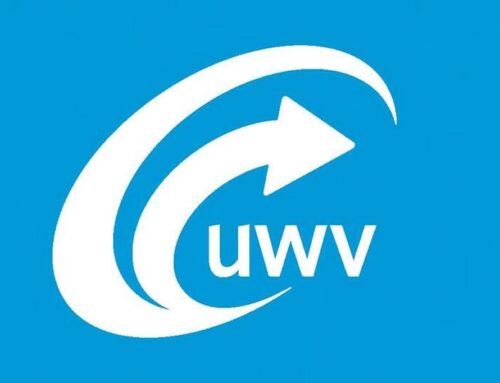If an employer goes bankrupt, employees are entitled to compensation for their back pay through the UWV. This is called the bankruptcy payment.
What should an employee who does not receive pay do?
First, the correct diagnosis must be made. What should happen depends on whether the employer can’t or won’t pay the wages. For the purposes of this article, we will further assume that the employer’s company goes bankrupt, so that even if the employer wanted to, it would no longer be able to pay the wages.
There must be an inability to pay
The statutory scheme assumes that the employee is entitled to the “wage guarantee scheme” if the employer has an inability to pay. In a bankruptcy declared at the request of the employees, this is automatically the case. Very occasionally, there is also an inability to pay without bankruptcy. For example, in the case of a foreign-based company or in the absence of support claims. But in any case, the UWV wants the employees to take action to collect their salary claim. This will almost always have to be done through a lawyer. Only a lawyer has the legal powers necessary to bring the case to a successful conclusion without loss of time.
What will the employee be reimbursed for?
The bankruptcy payment includes the following components:
- the salary for up to 13 weeks prior to the termination date. In addition to the base salary, this includes overtime, 13th month, etc.
- the salary over the notice period up to a maximum of 6 weeks.
- any vacation pay, vacation days and pension contributions not paid in the previous year.
- upon request, a portion of the attorney fees incurred.
How is the application initiated?
Our office will contact the trustee after the court’s ruling. We will send him the necessary information for the application. The application is further handled by the bankruptcy department of the UWV. In large bankruptcies with many employees, UWV sometimes organizes an information meeting. Some of your wage claim may fall outside the 13-week period. In that case, we will submit this part of the claim to the trustee.
And what happens next?
The bankruptcy trustee will almost always dismiss employees through a letter of notice. In bankruptcy, this does not require a procedure. After that, the employee is eligible for unemployment benefits. If part of your wage claim falls outside the 13-week rule, you can keep an eye on the trustee’s website to see if you will receive any compensation for this remainder.
Update June 11, 2015:
On July 1, 2015, the rules of the new dismissal law go into effect. The rules about bankruptcy benefits are in the WW and will not be changed. However, the government did stipulate that a transition payment will lapse in the event of bankruptcy.


